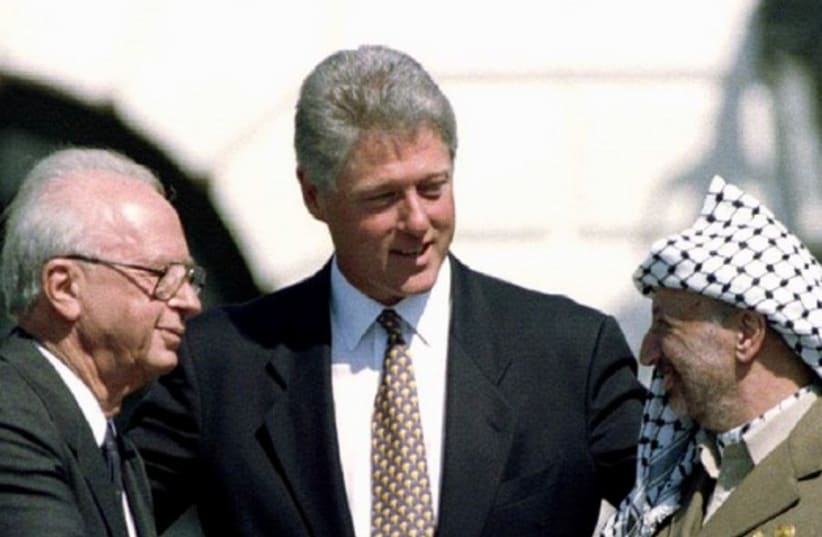Without victory, there is no solution to the Israel-Palestinian conflict
Conflicts end when one side concedes that it either will not or cannot continue. Historically, this concession has yielded peace, progress and economic development – for both sides.
